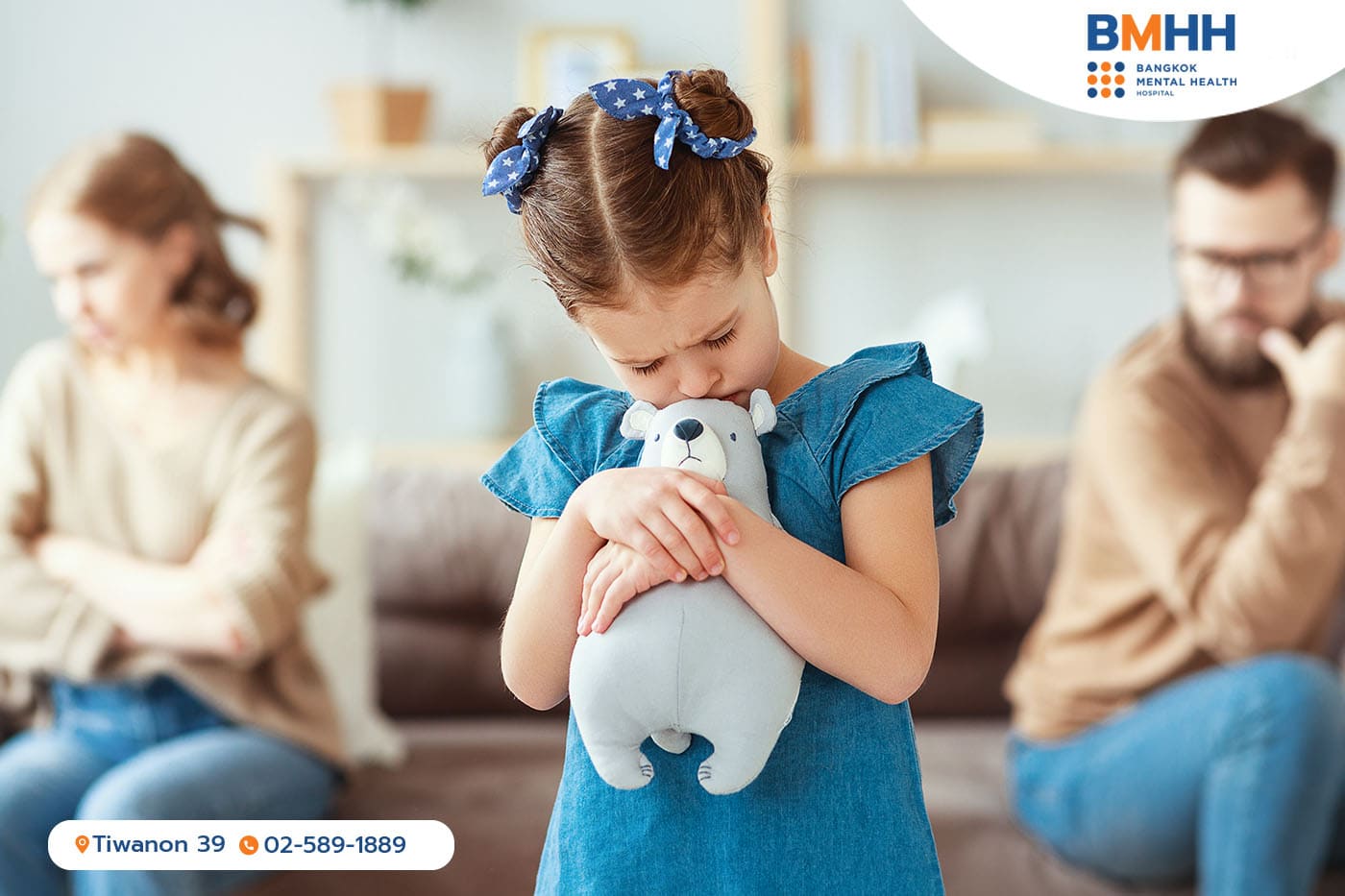
When a marital relationship reaches a point where separation is inevitable, it poses a significant crisis, particularly for families with children. Communicating the complexities of this situation to children is one of the most challenging steps. For children, having both parents together is a source of security. Consequently, when a separation occurs within the family, it can profoundly impact the child’s emotional stability. Therefore, preparing adequately before discussing the separation and ensuring appropriate support can help children navigate this difficult period more easily.
Communicating the News to Children
Ideally, both parents should be present when discussing the separation with their children, maintaining a calm demeanor. Parents should explain their decision to separate, the reasons behind it, and any conflicts, but only disclose what is necessary or beneficial. The most crucial aspect to emphasize is that although the parents are separating, they will continue to work together as a team to care for their children. Parents should reassure their children that their love and care for them remain unchanged. However, if it is not feasible for both parents to be present, the parent who spends more time with the children should deliver the news.
The level of detail shared with the children should correspond to their age and maturity. Parents should avoid providing excessive details, as too much information can cause unnecessary anxiety. However, children should be given the opportunity to ask questions and express their concerns.
In cases where the divorce involves legal proceedings, such as filing for divorce or custody battles, it is essential to explain to the children that both parents love them very much and are seeking the best possible arrangement for their well-being. It should be made clear that, although the parents may have differing opinions, they are working with other adults to find the best solution.
Importantly, discussions about the division of assets or any negative comments about the other parent should never occur in front of the children. Maintaining a positive relationship between both parents and their children is crucial for protecting the child’s emotional well-being. Given that the decision to divorce usually follows a prolonged period of conflict, children are often already aware of the existing tensions.
Orarat Choukuljaratsiri, M.D.
Child and Adolescent Psychiatrist
Related Articles

Histrionic Personality Disorder
Individuals with Histrionic personality disorder (HPD) often exhibit dramatic and highly emotional behaviors, as their self-worth is largely dependent on the approval and validation of others. Although the theatrical nature of HPD can sometimes appear charming, it often masks a distorted self-image and can lead to significant difficulties in personal relationships and daily life. It’s one of […]

Schizoid Personality Disorder
Schizoid personality disorder is a mental health condition characterized by a persistent pattern of detachment from social relationships and a limited range of emotional expression. Individuals with this disorder often appear distant, aloof, and may have little desire for close friendships or romantic connections. Unlike some other mental health conditions, a person with schizoid personality […]

Bulimia Nervosa
Bulimia nervosa is a serious eating disorder and it can become life-threatening if left untreated. People with bulimia often have a distorted view of their body and an intense fear of gaining weight. This can lead to a cycle of binge eating and compensatory behaviors, such as self-induced vomiting or excessive exercise, in an attempt to control […]
Talk to Doctor
Call Us
Line BMHH